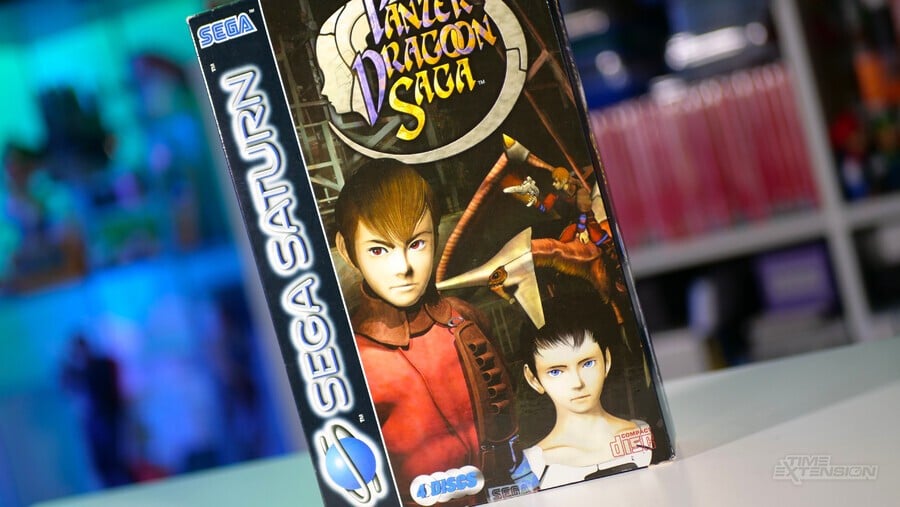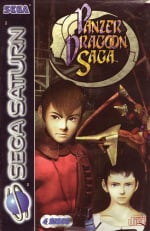
When people talk about the rarest or most desirable video games of all time, you can be pretty sure that Panzer Dragoon Saga is going to enter the conversation at some point.
Released in the three main territories in 1998 on the fading Sega Saturn, this epic four-disc JRPG was envisaged as Sega's rival to the Final Fantasy series—and some would argue that, in pure gameplay and scope, it lived up to its potential. Set in the same fictional universe as the other Panzer Dragoon titles, it places you in the role of sword-for-hire Edge, whose life changes when he encounters Azel, a mysterious girl with a remarkable past.
Directed by Yukio Futatsugi and created by a team which includes Manabu Kusunoki (design), Katsumi Yokota (art) Saori Kobayashi and Mariko Nanba (music), Panzer Dragoon Saga was Team Andromeda's final game, although the spirit of the studio would live on via Smilebit, one of the many semi-autonomous internal studios founded by Sega in 2000. Smilebit would be responsible for the fourth (and, at the time of writing, final) Panzer Dragoon game, Panzer Dragoon Orta.
While Panzer Dragoon Saga gained rave reviews at the time of release (the UK's Official Sega Saturn Magazine famously gave away the entire first disc as a free covermount), it came far too late in Saturn's lifespan to have any impact on the console's commercial fortunes.
The same year it was released, Sega would launch its next console, Dreamcast, in Japan, so the company was already moving on from Saturn. As a result, Panzer Dragoon Saga was subject to a tiny print run, with some reports suggesting that only 5,000 copies were made for the North American market and 1,000 for the European market.
This low print run, coupled with the fact that Sega has never re-released the game in any form (it has apparently lost the source code), has resulted in second-hand prices hitting utterly insane levels.
If you want to read about the creation of this seminal video game, then I can't recommend James Mielke's incredible oral history piece on Polygon enough; it is perhaps the most exhaustive article on the game ever written in English.



